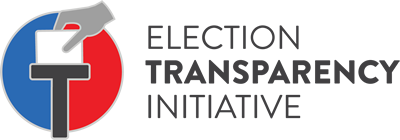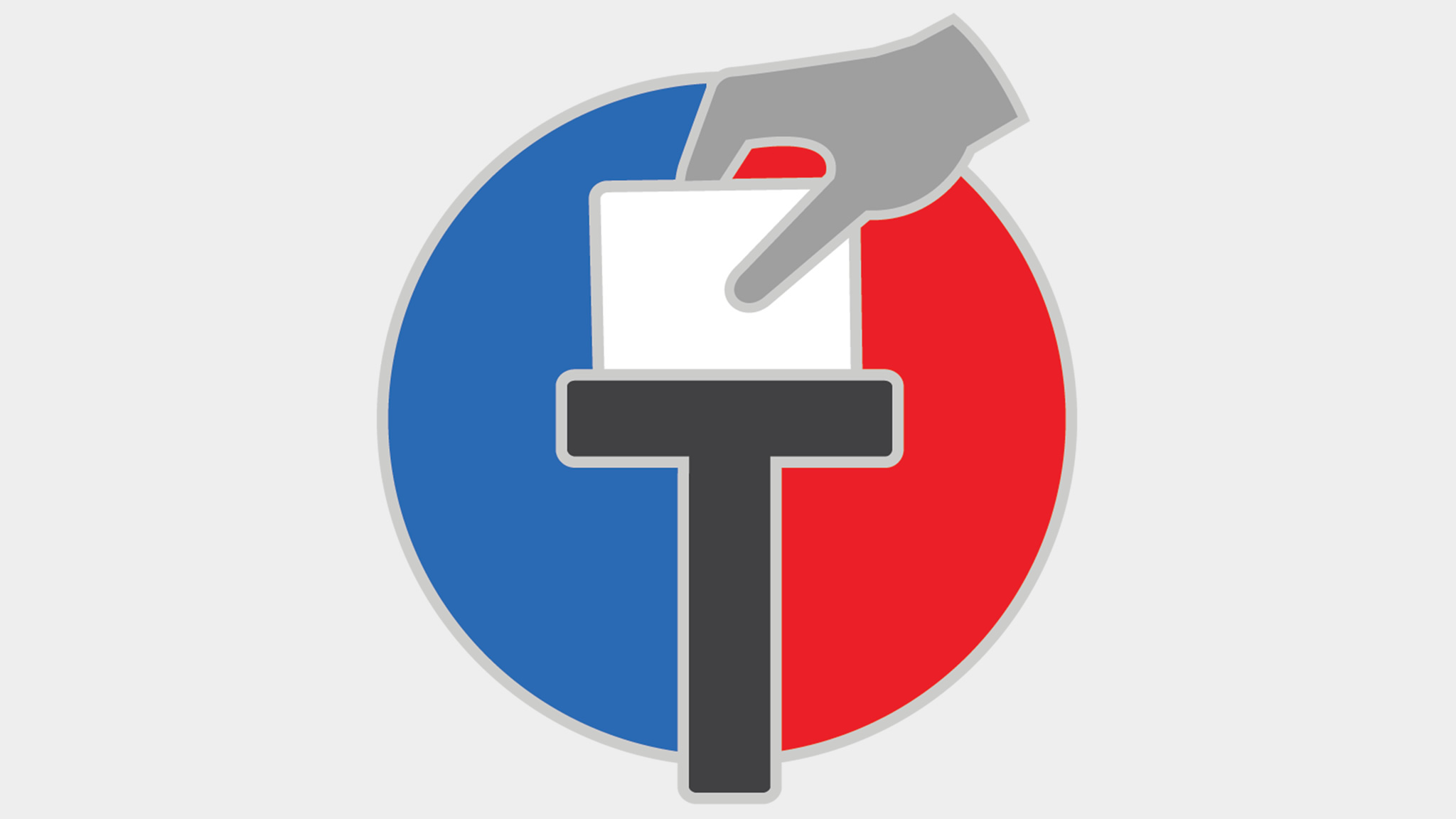FOR IMMEDIATE RELEASE: May 19, 2022
Comprehensive election integrity questionnaire and pledge issued to key House and Senate races
Washington, D.C. – Building on the successes of last year’s landmark law signed in March 2021, this year the Georgia legislature has considered new legislation to further strengthen voters’ trust in free and fair elections. Unfortunately, much of it failed to advance, leaving provisions concerning the investigation of fraud, procedures for absentee voting, and so much more on the table.
Ahead of election day on May 24th, GOP primary voters deserve assurances from state legislative candidates that they will commit to election integrity:
- Unseal ballots to verify election results and detect counterfeit ballots
- Hold individuals accountable for wrongdoing to increase confidence in election outcomes
- Eliminate loopholes permitting the corrupt private funding of local elections by Big Tech’s corporate oligarchs like Facebook CEO Mark Zuckerberg
- Ban unsecure drop boxes that facilitate fraud
- Enact ballot chain of custody protections
- Replace unsecure electronic voting systems
Unfortunately, like the 2021 election integrity law, legislation again stopped short this year of prohibiting local election officials from accepting private donations from ideological groups, corporations, big tech companies and possible foreign interlopers—funds commonly referred to as “Zuckerbucks” after Facebook CEO Mark Zuckerberg. Although the proposed legislation would have imposed a potentially more transparent and objective process by which such funds could be received by localities, it risked empowering unelected bureaucrats within the Georgia government to distribute such funds arbitrarily.
National Chairman of the Election Transparency Initiative and former Virginia Attorney General Ken Cuccinelli issued the following statement:
“If Georgia is to remain among the nation’s leaders in election integrity reforms, the House and Senate must strengthen its ranks with champions who have learned from the mistakes of 2020 to ensure elections in 2022, 2024 and beyond are open, fair and honest. Make no mistake, voters deserve to be confident in more secure, transparent, and accountable Georgia elections in which it’s easy to vote and hard to cheat, and importantly, that every legal vote is counted fairly and openly. But far too many disenfranchised voters have questioned whether heading to the polls is even worth their time anymore, and that’s why continued action on election integrity is needed now more than ever. GOP hopefuls for the House and Senate should be committing to a full slate of measures helping to restore faith in free and fair elections and earning the trust of voters.
“Unfortunately, thus far the legislature has failed to cut off the corrupting influence of big tech oligarchs like Mark Zuckerberg who manipulate the official voting apparatus and dilute the voice and votes of Georgians in order to affect turnout. We urge candidates seeking office in 2022 to pledge that they will support banning private and foreign money from being funneled into local elections and to take this important step in cleaning up Georgia’s elections. Over the past year, many states have acted to prohibit these corrupt practices, but Georgia’s current law keeps the door open to billionaires like Zuckerberg to interfere in our elections and undermine the confidence of voters. Banning Zuckerbucks is both popular and the right thing to do.”
ETI has issued a comprehensive, first-of-its-kind election integrity questionnaire and pledge to House and Senate candidates running in Georgia primaries. Backed by a coalition of national conservative organizations, the pledge invites candidates to go on the record so voters can gauge their commitment to critical election integrity issues—including voter ID, ballot security, absentee voting, private financing of local elections and more—for themselves. The questionnaires and pledges are in the process of being collected.
During the 2020 election cycle, Facebook founder Mark Zuckerberg gave hundreds of millions of dollars in grants to nonprofits, who then used that money for partisan voter turnout that was designed to favor Democrats. At least $45 million was funneled to Georgia to fund government employees turning out Democrat voters.
Recently, the Virginia General Assembly passed Senate Bill 80 with bipartisan support, including unanimous approval by the Virginia Senate, to ban “Zuckerbucks.” The bill stipulates that “[t]he State Board, the Department, each local electoral board, and all offices of the general registrar shall not solicit, accept, use, or dispose of any money, grants, property, or services, given by a private individual or nongovernmental entity for the purpose of funding voter education and outreach programs, voter registration programs, or any other expense incurred in the conduct of elections.” The Georgia legislature should follow suit.
The Election Transparency Initiative, a partnership between American Principles Project (APP) and the national pro-life group Susan B. Anthony List (SBA List), was organized to combat federal H.R. 1 and H.R. 4 legislation and advocate for state-based election reforms that voters can trust.
###

